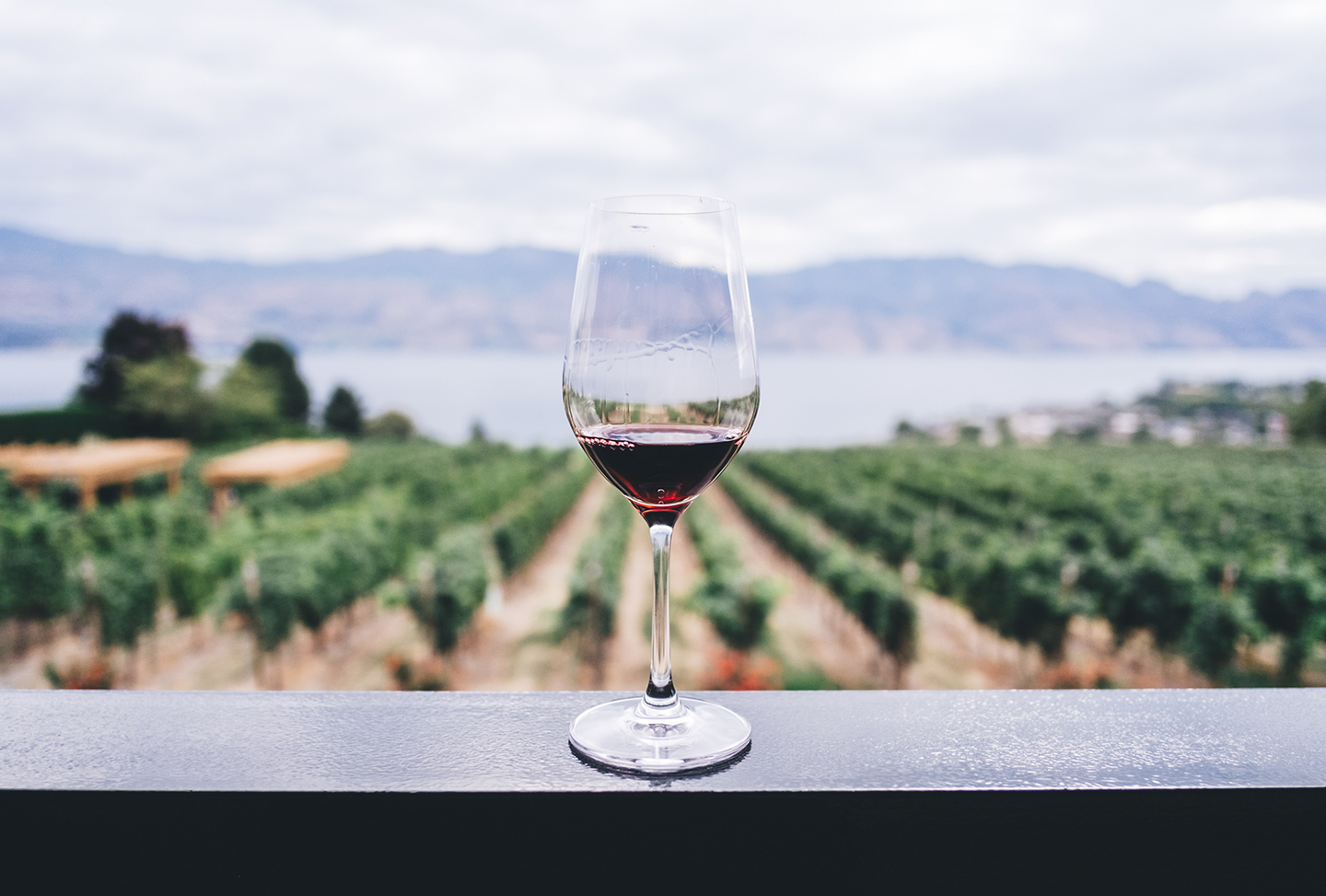Limitless possibilities in spectacular destinations, Balance Holidays' exceptionally curated wellbeing travel experiences bring individuals on multi-sensory journeys that enrich and awaken the heart, body and mind..


Wines: a punchy addition to cooking but also a wonderful dinnertime companion. Recently, the spotlight is on natural wines, which is understandable given the discourse around food at the moment. But what is it? How does it vary from organic and biodynamic wine and does it lessen hangovers? Below, we explore the classifications amongst the three, the common misconceptions, which range from viniculture practices to alcohol content and sustainable viniculture efforts to recognise.

Put plainly, the term ‘organic’ is a label for the grapes and an identification tag based on the farming procedures that happen at the vineyard. In order to be classified ‘organic’, the farms must adhere to the principles of organic farming as a minimum standard. Under International Federation of Organic Agriculture Movements (IFOAM), organic farming refers to the natural treatment of soil, plants and animals, absent of artificial fertilisers, pesticides and additives. Organic agriculture itself is a paradigm to comprehensively sustain life on earth, with consideration towards the health of the consumer and the environment. However, where a label reads ‘made from organically grown grapes’, its definition varies from ‘certified organic wine.’
So we’ve identified what organic wine means but how should we choose between wine made from organically grown grapes and certified organic wine?
Depending on the independent regulatory body on organic agriculture/viticulture of the production country, wines carrying the ‘made from organically grown grapes’ label typically carry a minimum percentage of organic grapes. Although no artificial herbicides or fertilisers are allowed, the use of sulphites (a preservative) may be used and the wines are generally processed in the same facility, with the same equipment as conventional, mass-market wines.
On the other end, certified organic wines are made from 100% organically certified grapes. The entire production cycle, from the vineyard fields to bottle, are processed in adherence to the uniform standards outlined by the regulatory body. Free of chemicals, natural compost fertiliser and mechanical weeding to name a few. Grape producers also undergo annual audits and inspections to ensure the strict standards are complied with. One prime example of 100% organic certified wines are the Malvasia wines by Tenuta Capofaro in Sicily. Regionally famed for its aromatic but slightly bitter taste, in 2019, Capofaro received the SOStain/VIVA certification (a sustainability programme for Sicilian viticulture) for the second time, granted by an independent authority to producers who respect the rigorous minimum requirements based on 4 elements: air, water, vineyard and territory.
As it stands today, the definition of ‘organic’ still varies across countries. For example, although there is consensus on the use of native yeasts and GMO (genetically modified organisms), synthetic insecticides and adulterated ingredients must not be used, the use of sulphites is acceptable in the European and Canadian standard boards but not in USA.

So we’ve identified how the process of preserving organic on the fields influences the grapes and subsequently, the wine. Now, we take a look into biodynamic wine. Despite sharing similarities in the essence of its concept, zero use of GMOs and chemical intervention or manipulation, the cornerstone of biodynamic wine is to enrich the soil and plant through biodynamic methods, stretched across the entire eco-system. What is a biodynamic method?
Dating back to the 1920s, the concept of Biodynamics was founded by an Austrian philosopher, Rudolph Steiner. In an article published by The Guardian, Steiner outlines nine different methods as fundamentals of biodynamic farming. Ranging from treatment of soil through cow manure for compost, only employing natural ingredients to provide vitality and nutrients, mixing concoctions of herbs and medicinal plants as natural remedies for insects and common plant diseases to encouraging farmers to turn to lunar and cosmic rhythms before planting, sowing, pruning and harvesting agriculture. Collectively, some suggest wine grown through Biodynamics display a unique and distinguishing taste due to the intertwining growth cycle harmonious with the Earth’s energy. As the concern over the health of planet Earth continues accelerating, more wineries across the world are turning to Biodynamics wine processing as it earns the title of being an eco-friendly approach in the viniculture landscape.

While both organic and biodynamic wines focus on what happens out on the fields, natural wine focuses on one other aspect: winemaking. As it stands today, the term is unregulated and there are currently no accreditation bodies concerned over the activities of the winery. Yet, when wine is referred to as ‘natural’, the general connotation is that the winemaking process is completely intervention free. They are intended to showcase the grape’s natural and purest form, grown from a particular land, in a particular year. An expression of nature!
In the tanks, hand-pressed whole grapes (no separation of must and pomace and can be organic or biodynamic) are the only existing ingredients. No altercations to the alcohol content through additional acids and sugar and the grape’s skin behaves as the fermentation catalyst to create yeast that induces “spontaneous fermentation.” No sulphites are added, giving natural wines a shorter shelf life but a charming wild taste of nature.

We’ve discussed the on-field and off-field processes of wine production for all three and although in theory, it may seem they are better than conventional, mass-market wine, in an article by NBC News Feiring states, “Alcohol is alcohol and excessive consumption of anything can be harmful.” Yet the lack of chemical compounds and rich anti-oxidant content in organic, biodynamic or natural wine can see mild health benefits when consumed in moderation, as discussed in a study by MDPI.
Unfortunately the answer is no. While some believe the absence of sulphites can help dehydration and spinning headaches, a study by UC Davis finds inconclusive correlation between the two. In a separate study, The Journal of Headache and Pain found evidence to suggest that existing components such as histamines and alcohol itself could be the potential culprits for migraines post-consumption although further studies are required to understand this better.
Sign up to our newsletter for exclusive retreat launches, priority access to events and curated wellbeing content